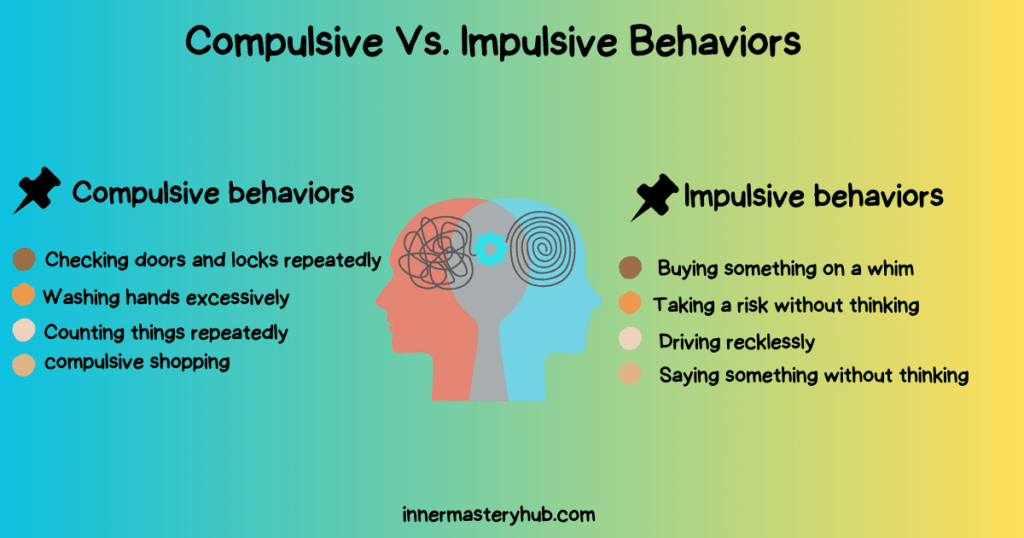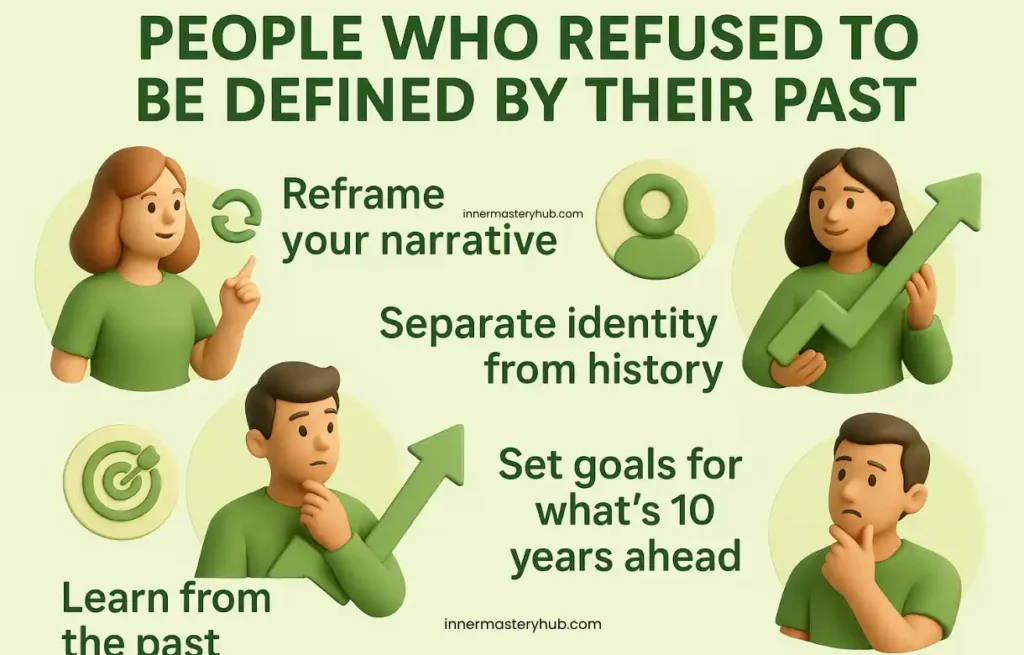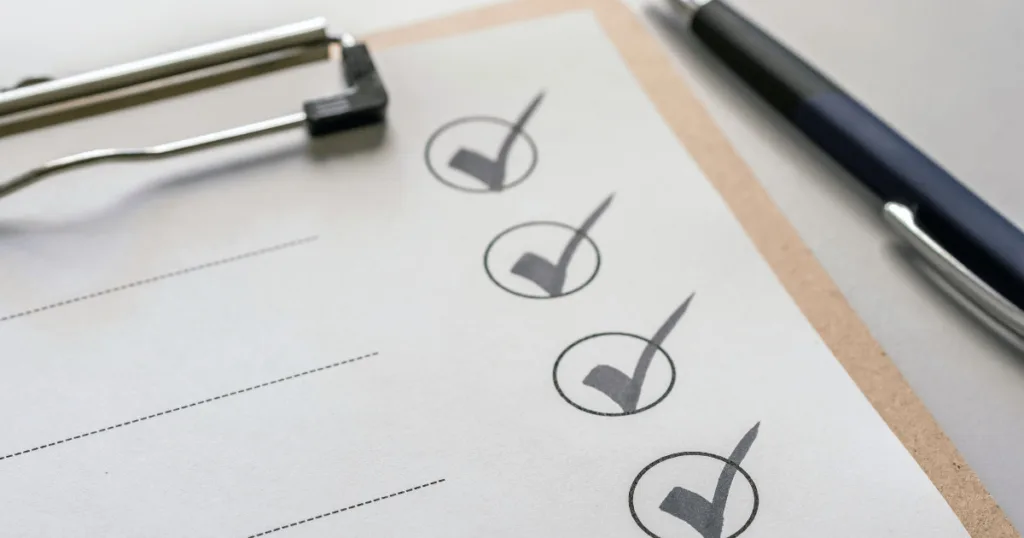Conscience vs Consciousness: The Shocking Shadow Shaping Your Moral Compass

In light of their similar sounds, “Conscience vs Consciousness” is commonly used interchangeably. They signify somewhat different things, though. A person’s internal feeling of right and wrong is called their conscience. The voice in your head is the one that informs you if what you are doing is right or wrong. The term “conscious” implies being “aware” or “alert.” It describes the condition of being mindful of one’s surroundings and being fully awake.
Let’s take a closer look at the psychology of conscience vs consciousness.
Difference between conscience and consciousness
Conscience is an inherent moral compass that guides behaviour and helps people choose right from wrong. It’s vital for moral development and decision-making, affecting an individual’s actions and morality. Various factors influence consumer behaviour, including parents[2], caregivers, peers, and teachers in early childhood.
Psychologists have proposed many theories about the origins and functions. Freud’s view says that conscience is part of the superego, a moralistic portion of the personality that develops throughout childhood. Freud believed the superego internalises social norms and expectations and judges an individual’s conduct.
Others emphasise how conscience is influenced by cognitive development[3]. They contend that humans develop their ability to think abstractly and consider consequences as they age. They possess a higher mental capacity, enabling them to make informed moral and ethical decisions.
However, conscience is not always infallible. It can be influenced by biases, emotions, and environmental pressures, leading to actions that may contradict one’s moral compass. Additionally, individuals may repress or dismiss their conscience to achieve personal benefit or avoid unpleasant consequences.
Here are some examples of how conscience can manifest itself in our lives:
- Feeling guilty after cheating on a test.
- Feeling proud after donating to charity.
- Struggling with whether or not to lie to a friend.
- Feeling compelled to speak out against injustice.
What Does Conscious Mean?
Being conscious is being aware of your ideas, feelings, and surroundings. It’s like being present and aware of what’s going on inside and outside you. Some experts argue that being able to articulate your ideas about something makes you more conscious. Consciousness changes constantly. This can change depending on our mental state, physical environment, and social relationships.
Sigmund Freud, the founder of psychoanalysis, believed that awareness was the highest and most conscious level of the mind. It contains our thoughts, feelings, perceptions, and experiences in the moment.
Freud believed that most mental processes are subconscious and that conscious awareness is only a minor part. Freud developed the topographic model. This paradigm categorises the mind into three layers: conscious, preconscious, and unconscious. Despite our unconscious knowledge, Freud believed the unconscious mind strongly influences our behaviour.
Conscience vs Consciousness
Here is a table summarising the key differences between conscience and consciousness:
| Feature | Conscious | Conscience |
|---|---|---|
| Part of speech | Adjective | Noun |
| Definition | Aware or alert, Mental Awareness | A person’s inner sense of what is right and wrong, Moral Awareness |
| Example | “She was unconscious after the accident.” | “I had a guilty conscience after I cheated on the test.” |
To help you remember the difference between conscience and consciousness, think of the following:
- Consciousness involves being aware of one’s surroundings and environment.
- Conscience refers to your moral compass.
The connection between Conscience vs Consciousness
Human morality requires Conscience and Consciousness. Consciousness enables us to perceive the world and understand our actions, while conscience guides us in making the right choices. We cannot live ethically without a distinction between conscience and consciousness.
How to Find Your Sense of Self in an Unconscious World
Finding your identity in a society where people are constantly busy can be difficult. First, focus on the values and passions that evoke a particular feeling within you.
Consider your experiences and the lessons they have taught you. Take advantage of your alone time to connect with your inner thoughts. Asking difficult questions and recognising your strengths and places for improvement will help you become more self-aware.
Be in the company of encouraging people and relationships that reflect your true self. Rediscovering your sense of self in an unconscious world requires a combination of self-reflection, conscious decision-making, and a commitment to staying true to your path.

The dark side of not having a strong conscience
When there is no conscience, the moral compass is shadowed or confused. Without it, people can walk down a dark path without empathy or ethical boundaries. This gap might result in destructive behaviour that lacks regret or responsibility. The absence of a conscience can have a profoundly negative impact on individuals and society, particularly when a moral void prevails.
Some Tips to Develop a Stronger Conscience
Developing a stronger conscience involves becoming more aware of your values and acting in ways that align with them. Here are a few tips to help you create a stronger conscience:
- Make time for self-reflection. Take time each day to reflect on your thoughts, feelings, and actions. Ask yourself questions like: Was I honest today? Did I treat others with respect? What could I have done differently?
- Identify your values. What is important to you in life? What principles do you want to live by? Once you know your values, you can start to make decisions that align with them.
- Accept responsibility for your actions. Nobody is perfect, and everyone makes mistakes. But when you make a mistake, take responsibility for it and try to learn from it.
- Please do the right thing, even when it’s complicated. Standing up for what you believe in can be difficult, but it’s essential to do the right thing, even when it’s unpopular.
FAQS About Conscience vs Consciousness
What is a conscience?
A conscience is your inner sense of right and wrong. It’s the moral compass that nudges you when you act in ways you think are good or warns you when you do something you believe is wrong.
What is consciousness?
Consciousness is the state of being awake and aware of oneself and one’s surroundings. It includes thoughts, feelings, sensations, perceptions, and your awareness of them.
How are conscience and consciousness different?
Conscience is about morality and judgments; it’s a noun. Consciousness is about awareness; it’s a noun derived from “conscious.” Conscience guides your ethics; consciousness lets you perceive and experience.
Which is correct: “conscience or consciousness”?
Use ‘conscience’ when referring to a moral sense. Use the term ‘consciousness’ when discussing awareness or being awake.
Can someone lose their conscience?
Yes, a person may act without moral restraint or guilt, effectively suppressing or ignoring their conscience. However, biologically or psychologically, it’s not “lost” in the same way as a physical object.
Can someone lose consciousness?
Yes, if someone is knocked out, faints, or is under anaesthesia, they lose consciousness — they become unaware of themselves or their surroundings.
Is conscience innate or learned?
Conscience arises from a combination of innate dispositions, upbringing, culture, and experience. People learn moral norms and internalise them, shaping their conscience over time.
Is consciousness purely physical?
Many scientists and philosophers argue that consciousness arises from physical processes (brain activity). But there is debate: some believe aspects of consciousness transcend purely physical explanations (the “hard problem”).
Can animals have conscience or consciousness?
Animals are widely accepted to have consciousness (awareness) to varying degrees. Whether they have a conscience (moral judgment) is more controversial, as it depends on complex cognition and social constructs.
Why do people confuse conscience and consciousness?
The words sound similar and share a common root. But one deals with moral judgment (conscience) and the other with awareness (consciousness). Their meanings and grammatical roles differ.
SOURCES
- Cote, S. M. Sex Differences in Types of Aggressive Behaviours: Do Women Have a Higher Level of Conscience Than Men? In: W. Koops, D. Brugman, T. J. Ferguson, A. F. Sanders. The Development and Structure of Conscience. New York: Psychology Press; 2010: pp. 287–309.
- Kochanska G, Aksan N. Children’s conscience and self-regulation. J Pers. 2006;74(6):1587-1617. doi:10.1111/j.1467-6494.2006.00421.x
- The role of consciousness in cognitive control and decision-making






